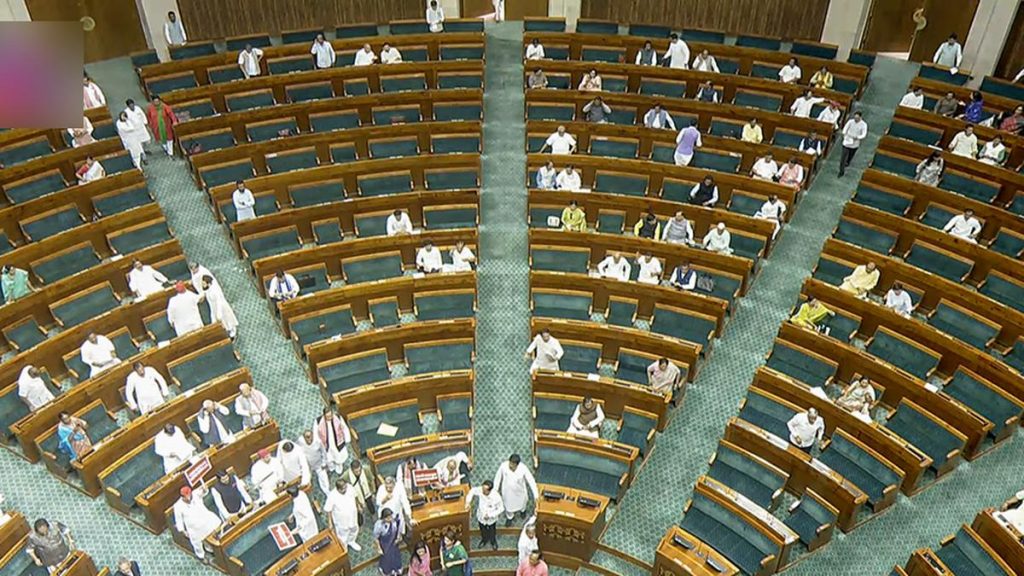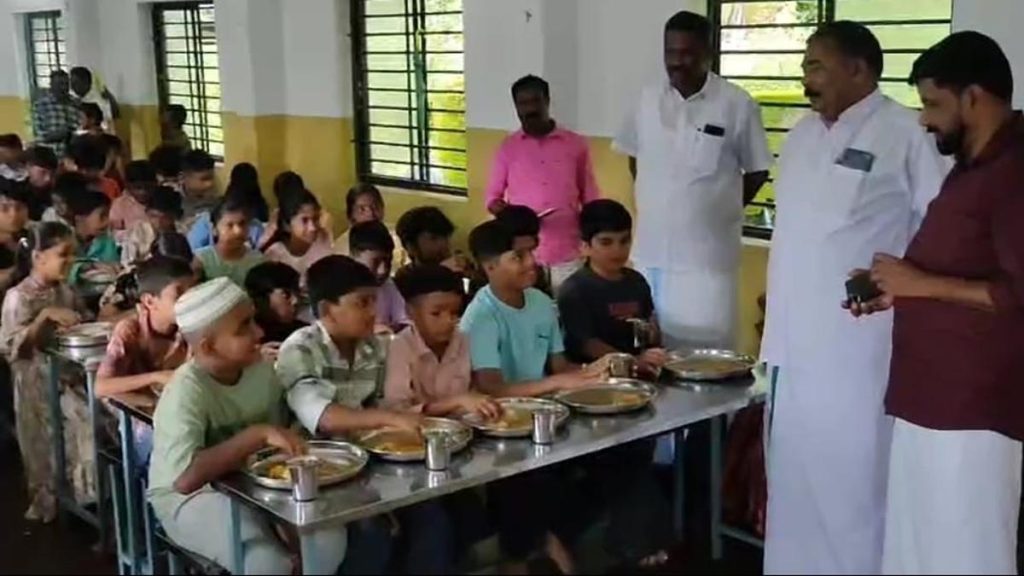Now Reading: Tamil Nadu Expands Subsidies for Textile Modernisation and Eco-Friendly Fibre Production
-
01
Tamil Nadu Expands Subsidies for Textile Modernisation and Eco-Friendly Fibre Production
Tamil Nadu Expands Subsidies for Textile Modernisation and Eco-Friendly Fibre Production

Fast Summary
- The tamil Nadu government has announced ₹268 crore allocation under the Tamil Nadu New Integrated Textile Policy 2025 to modernize the textile processing sector.
- Key allocations include:
– ₹250 crore spread over five years for capital investment subsidies.
– ₹5 crore maximum subsidy (25% of capital investment) for new processing units connected to CETPs or individual effluent treatment plants.- ₹4 crore max subsidy (25%) for existing unit upgrades with effluent treatment connections.
- To promote sustainable production processes, a Resource Efficiency Audit scheme is introduced:
– Up to ₹3 lakh or 50% of audit cost as a subsidy for cleaner production assessments (energy, water, wastewater, chemical).
– Government offers up to ₹10 lakh or 25% of equipment costs based on conservation recommendations.
- Emerging fiber innovation: New units producing non-conventional fibers like banana, bamboo, hemp to receive a maximum subsidy of ₹1 crore (or up to 25% capital costs).
- Applications will be managed online; Textiles Director R. Lalitha stated a portal will launch shortly.
Indian Opinion Analysis
The Tamil Nadu government’s focus on modernization and sustainability thru its textile policy highlights its commitment towards environmental responsibility and industry growth. By incentivizing sectors such as effluent treatment upgrades and resource audits via substantial subsidies, this initiative may benefit both medium-scale processing industries and larger firms aiming for eco-pleasant practices. Moreover, provisions encouraging non-conventional fiber production signal strategic diversification in an industry long dominated by cotton-based textiles.
while these steps are proactive in reducing environmental impact alongside improving competitiveness globally, their real-world effectiveness hinges on streamlined implementation mechanisms.Launching an online portal simplifies application procedures but ensuring openness and equitable access remains vital. The emphasis on capital investment discounts also supports industrialists seeking cleaner technology adaption-a trend increasingly demanded by global consumers emphasizing sustainability standards.
If properly executed without bureaucratic inefficiencies or delays in fund distribution, Tamil Nadu’s textile industry stands positioned not only as an economic contributor but also as a leader in green manufacturing practices nationwide.read More: The Hindu
























